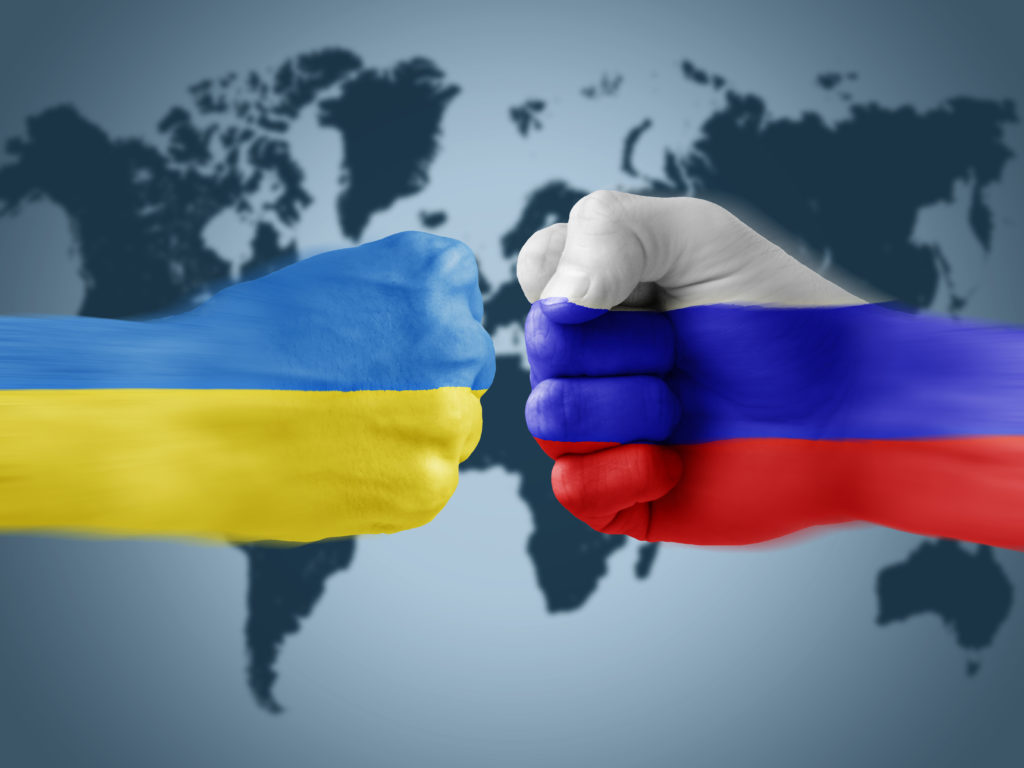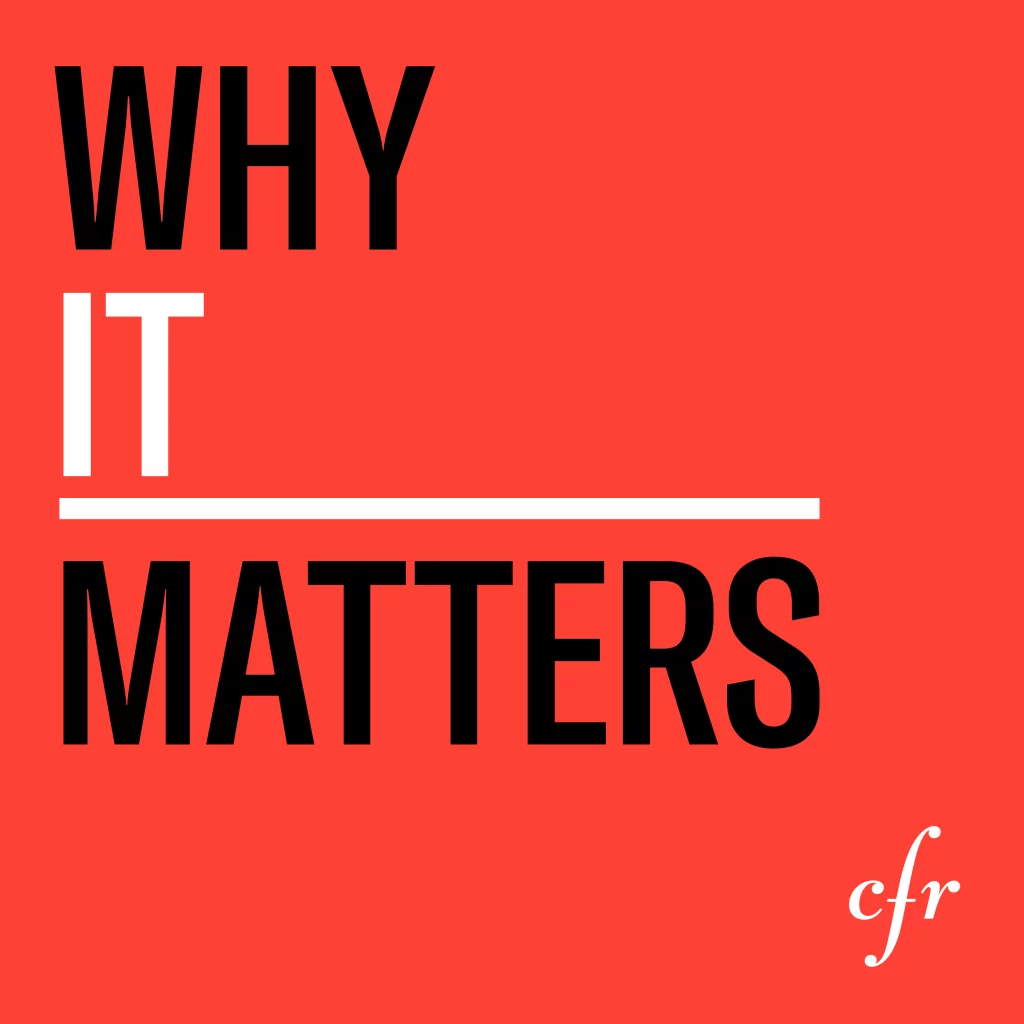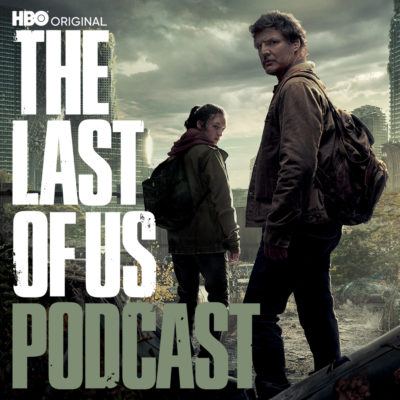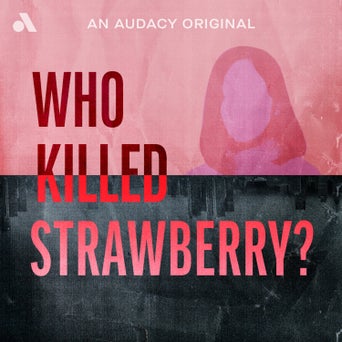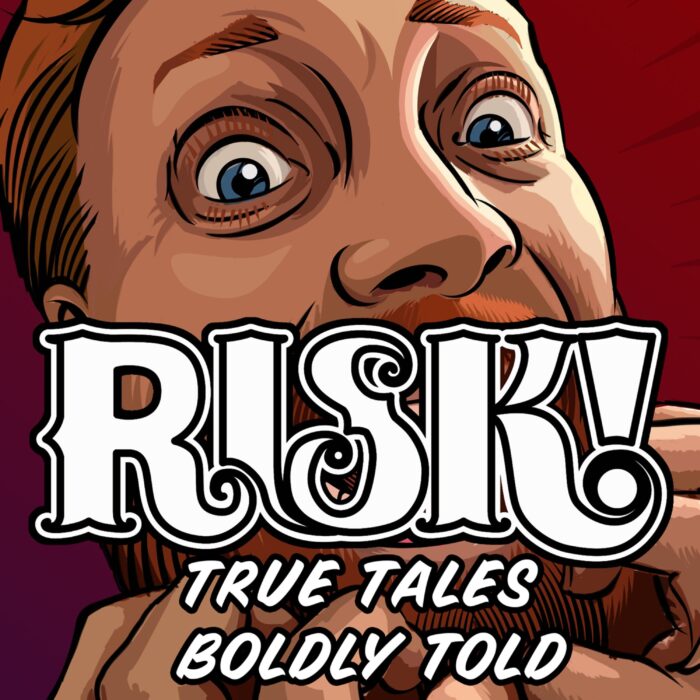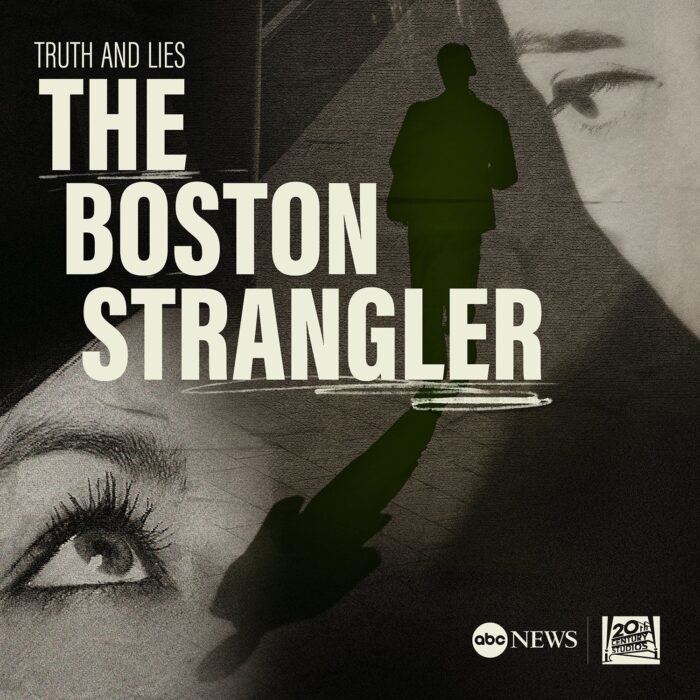‘Throughline’ offers an unparalleled look into the past to help us understand the biggest headlines of the present, starting with Ukraine
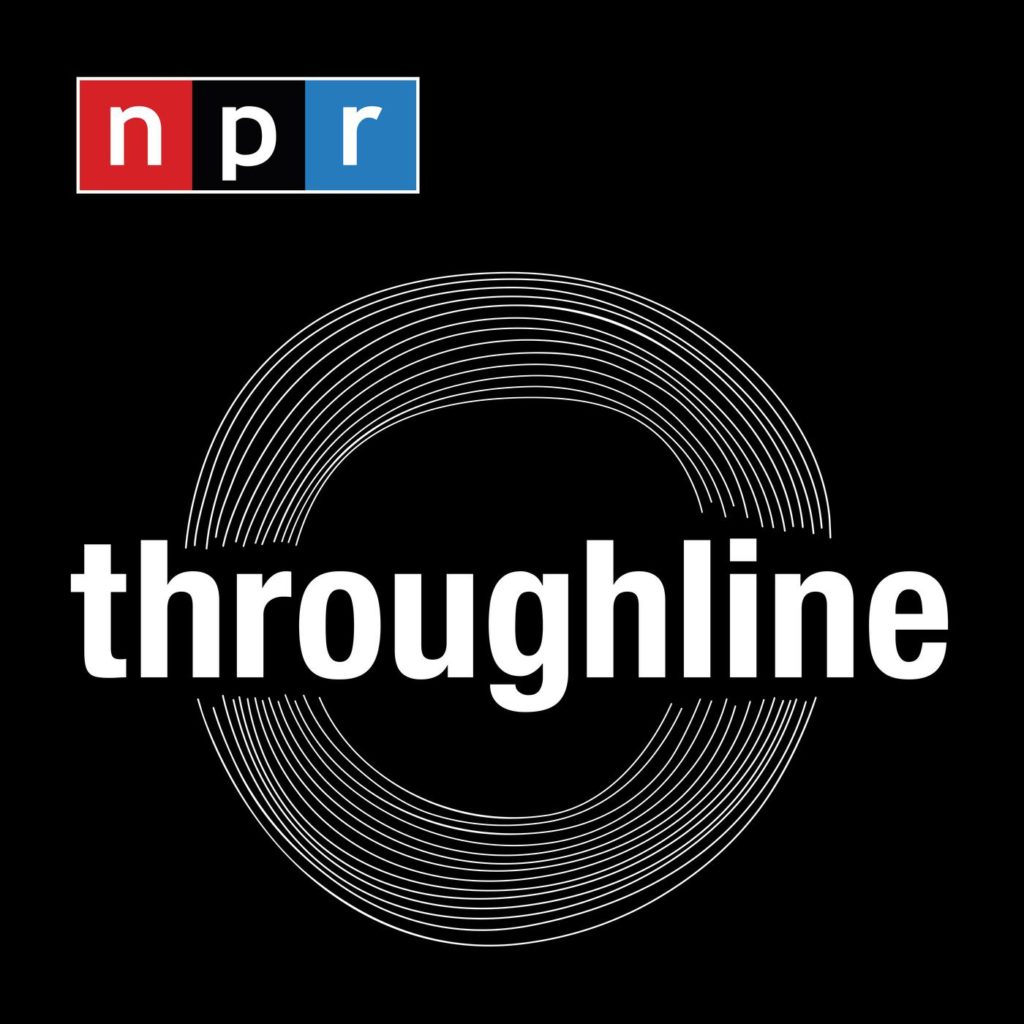
For years, NPR’s “Throughline” has been helping us understand the present by connecting it to the past. Every week, hosts Ramtin Arablouei and Rund Abdelfatah take the biggest headlines dominating the news and find where it stemmed from, history we can learn from, and predictions about where it’s going. Every episode is entirely unique and offers an unparalleled perspective on our past and present.
“Throughline” has been going strong since it began in 2019, and it’s released over 150 episodes thus far. Episodes are released on Thursdays and are typically 45 minutes long. This is a news podcast, and we do recommend to start your listening from the most recent episodic release, but many episodes remain relevant long past their debut.
Like most news podcasts, “Throughline” has set its sights on the Russian invasion of Ukraine and Ukraine’s fight for their independence. With the help of historian Serhii Plokhii, “Throughline” gives us an incredibly educational look at Ukraine’s history and how we got to this breaking point. At the start of this recent episode, Ramtin gives a moving monologue that sums up not only Ukraine’s fight, but “Throughline’s” entire purpose. And he says it far more articulately than we could ever dare to summarize:
“‘Who controls the past controls the future. Who controls the present controls the past.’ This is a famous mantra from 1984, the dystopian novel by George Orwell. It points towards the constant evolution and tension around how we see ourselves in the continuum of the past, present, and future. We are prisoners of the moment, and for that reason, it’s very difficult to recognize how alive the past is in everything, to see it in the machinery of our daily lives – especially when our perception is obscured by the complexity of events surrounding us. But sometimes, something happens that brings it clearly into view.”
Obviously, this something is Vladimir Putin’s attack on Ukraine. Rund reminds us that last July, months before the invasion, Putin published an essay on a Kremlin website called “On The Historical Unity of Russia and Ukraine.” In it, he suggested that Ukrainians do not have a history of their own and lack an identity among itself and its people. Therefore, he alleges that with no history and no identity, Ukraine has no reason to exist outside of Russia. And when the tanks began rolling into the country, the world witnessed a collision between past and present.
“Throughline” explores Ukraine’s identity, from its advantageous geographical location that attracted many ancient tribes like the Rus’ people and the Slavs, the serfdom that runs deep in many Ukrainians ancestry, the Bolshevik Revolution and creation of the Russian state, and more.
While this is a must-listen episode for anyone who is trying to understand the complexities of Putin’s desire for Ukraine, many other episodes of “Throughline” are similarly eye-opening. They actually also have an episode from 2019 that was re-released this past January about Putin and his path to Russian presidency. They’ve talked about the government’s use of drones, mass incarceration, the litter myth, Old Town Road, Afghanistan, and Puerto Rico’s relationship to the United States.
Every episode is equally thought-provoking, educational, and moving. Whether it’s mosquitos, conspiracy theories worming their way into the mainstream, the conflict between Sunnis and Shias, measles, informal American anthems, or leading political figures in the United States like Nancy Pelosi and Mitch McConnell, “Throughline” works to see these subjects from all angles. If you haven’t check it out yet, be sure to give “Throughline” a listen.
